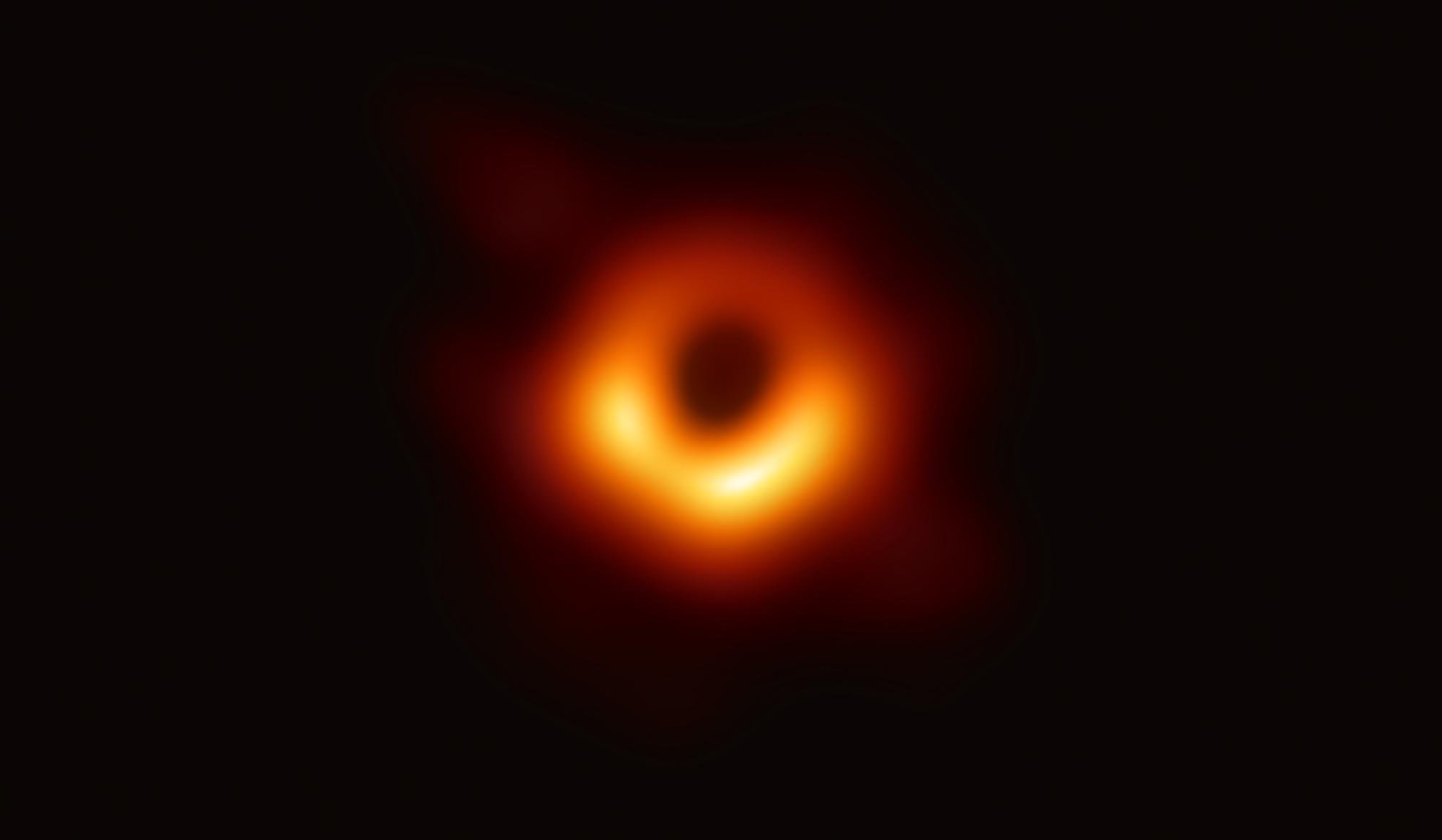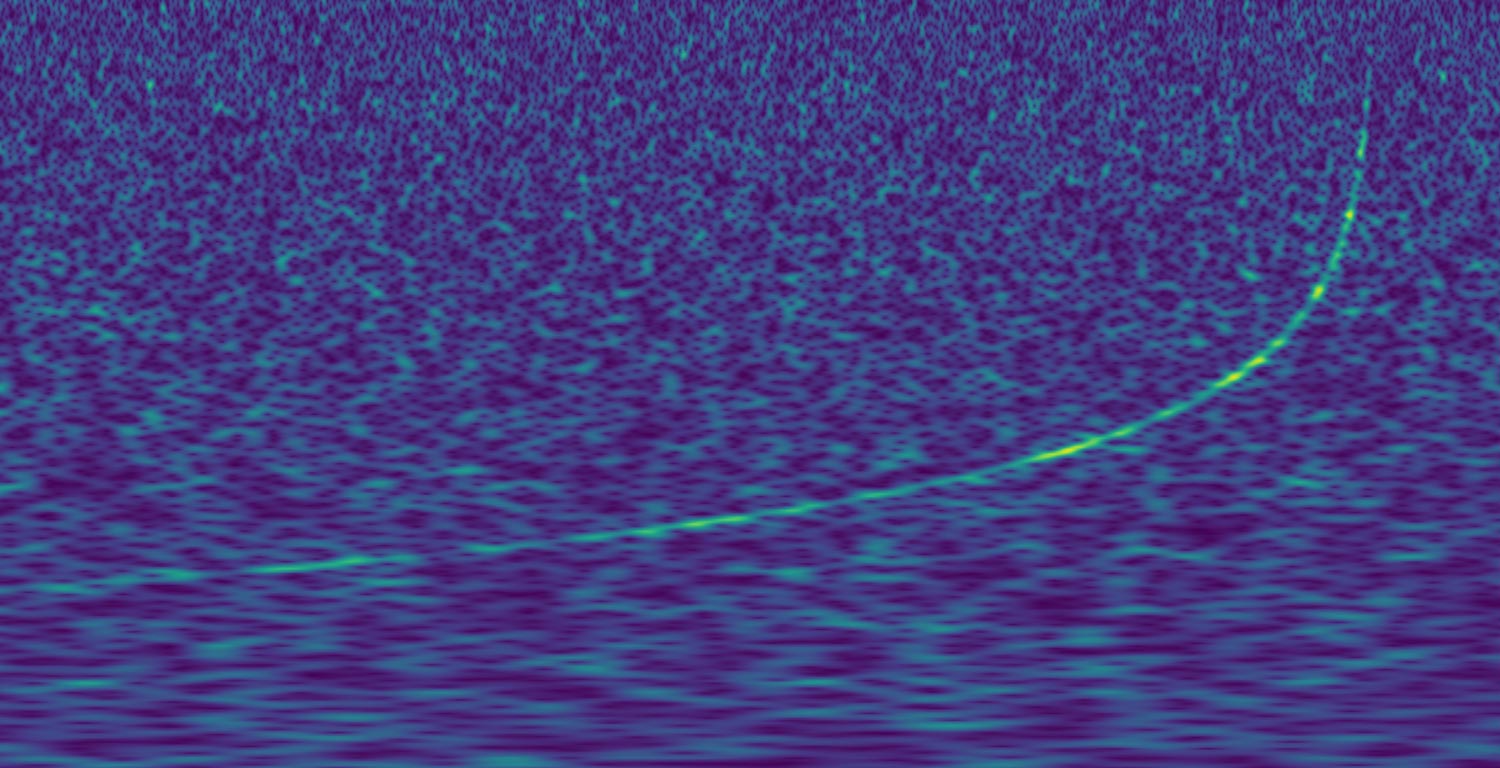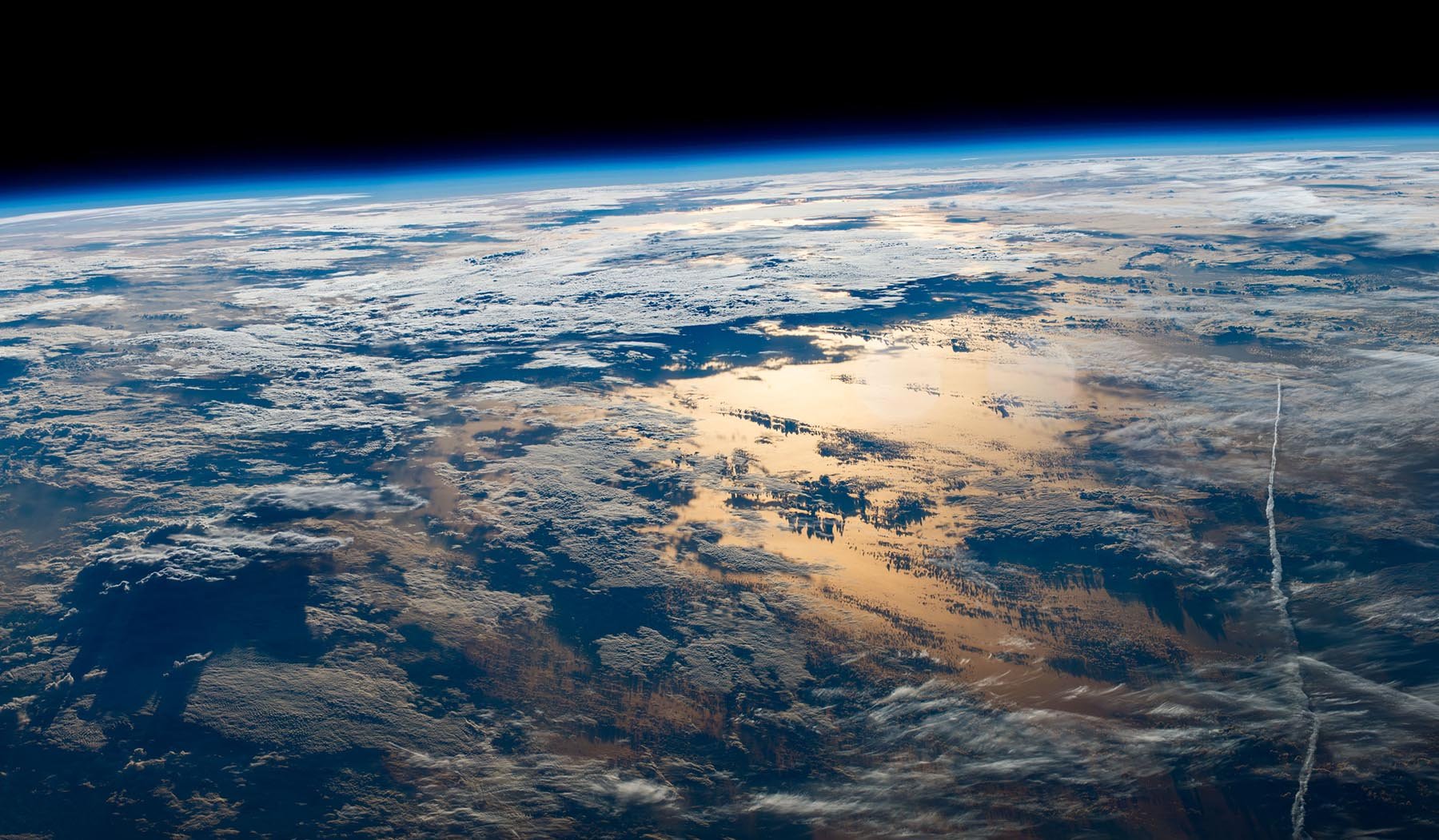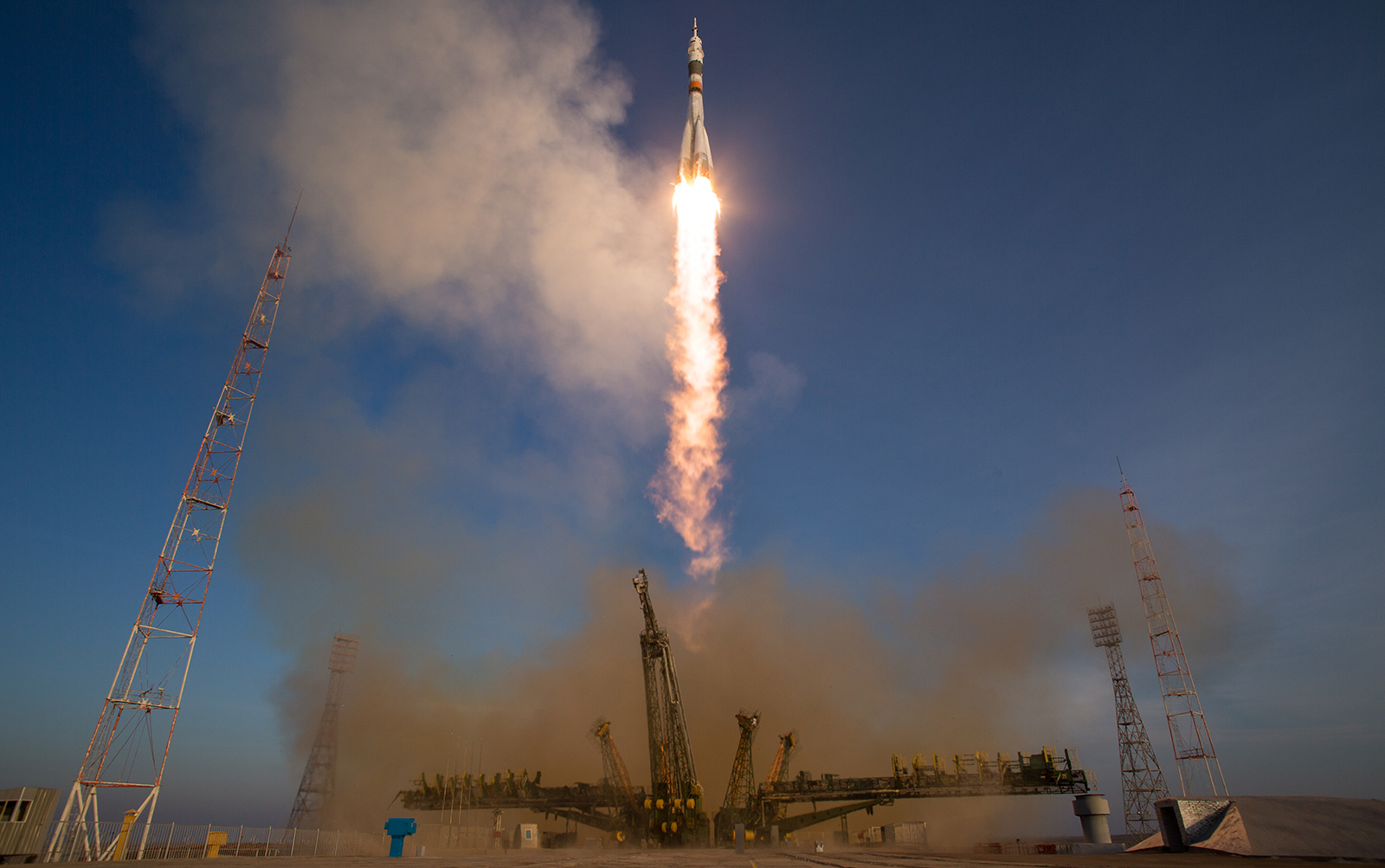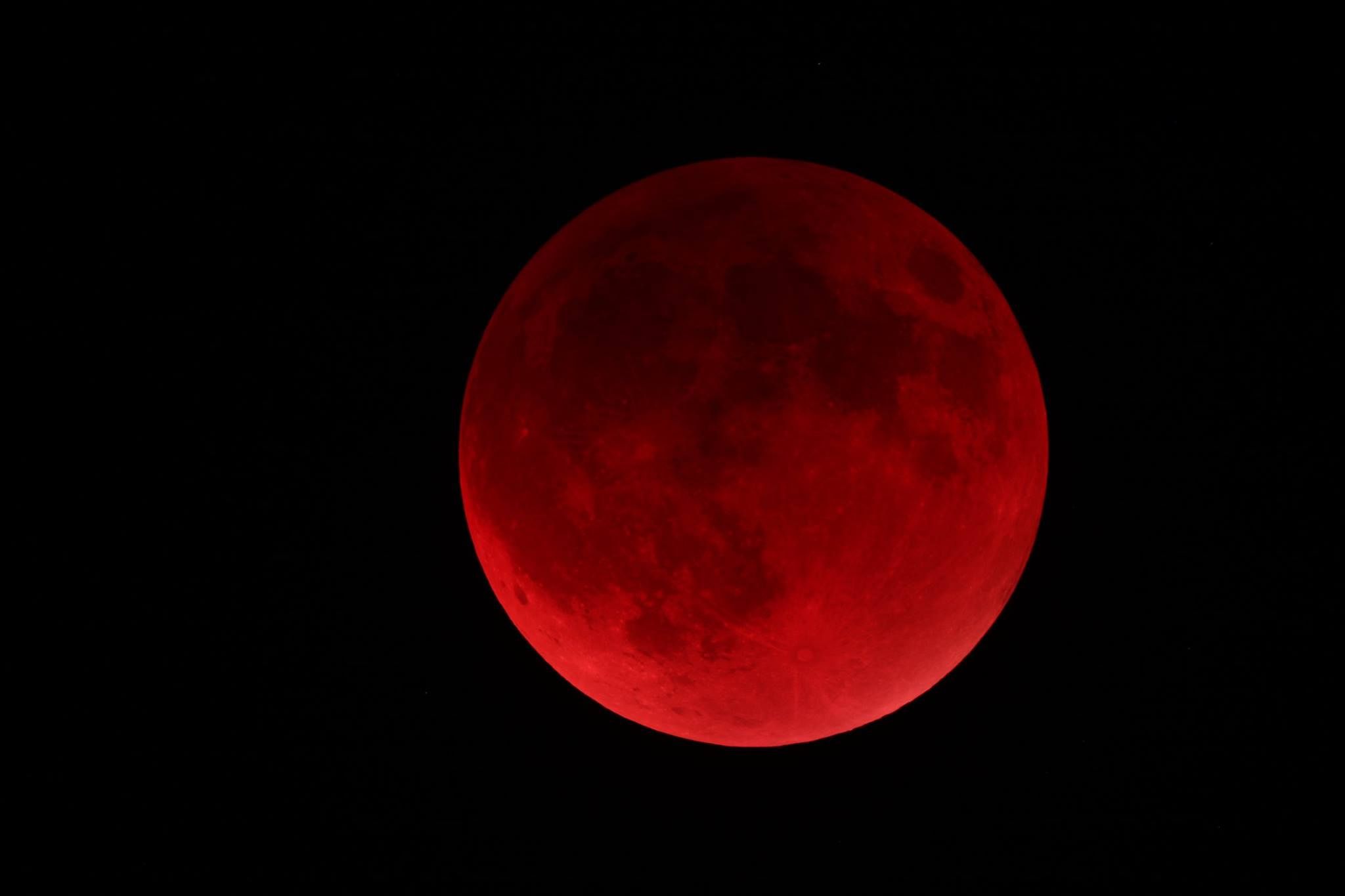In a picture: ‘Now we know what a black hole looks like’
by Jonathan O’Callaghan The first-ever image of an event horizon – the gravitational boundary of a black hole beyond which light cannot escape – was revealed on 10 April and is the best evidence yet that these phenomena really do exist. It was the result of a global collaboration of hundreds of scientists, using multiple … Read more


